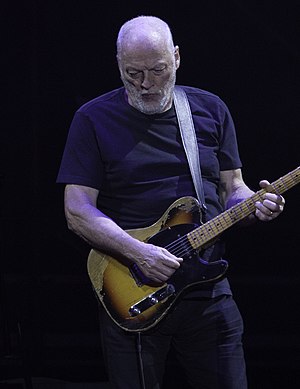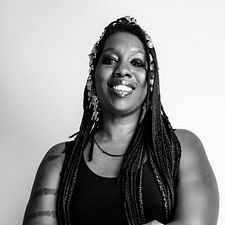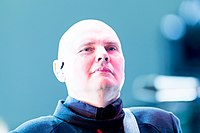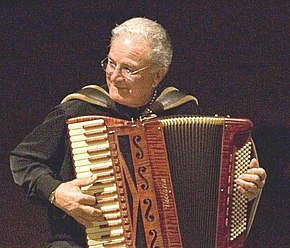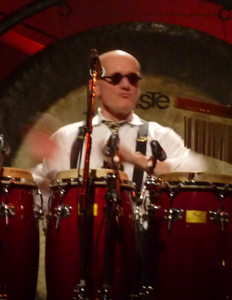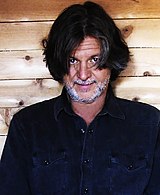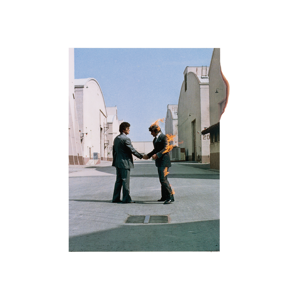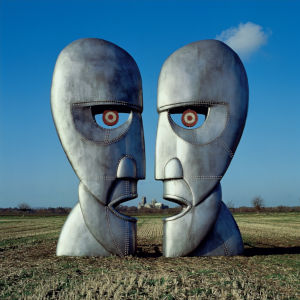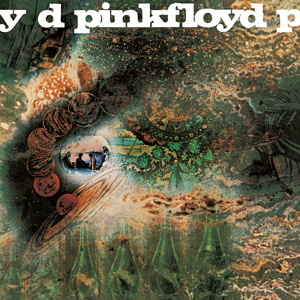History
Waters and Mason met while studying architecture at the London Polytechnic at Regent Street. [10] They first played music together in a group formed by fellow students Keith Noble and Clive Metcalfe, with Noble's sister Sheilagh. Richard Wright, a fellow architecture student, joined later that year, and the group became a sextet, Sigma 6. Waters played lead guitar, Mason drums, and Wright rhythm guitar, later moving to keyboards. [12]
Guitarist Bob Klose joined during September 1964, prompting Waters to switch to bass. Sigma 6 went through several names, including the Meggadeaths, the Abdabs and the Screaming Abdabs, Leonard's Lodgers, and the Spectrum Five, before settling on the Tea Set. In September 1964, as Metcalfe and Noble left to form their own band, [15] Klose introduced the band to singer Chris Dennis, a technician with the Royal Air Force (RAF). When the RAF assigned Dennis a post in Bahrain in early 1965, Syd Barrett became the band's frontman. After pressure from his parents and advice from his college tutors, Klose quit the band in mid-1965 and Barrett took over lead guitar. [18] The group rebranded as the Pink Floyd Sound in late 1965.
In December 1967, reaching a crisis point with Barrett, Pink Floyd added guitarist David Gilmour as the fifth member. Gilmour already knew Barrett, having studied with him at Cambridge Tech in the early 1960s. Working with Barrett eventually proved too difficult, and matters came to a conclusion in January while en route to a performance in Southampton when a band member asked if they should collect Barrett. According to Gilmour, the answer was "Nah, let's not bother", signalling the end of Barrett's tenure with Pink Floyd.
For the Dark Side of the Moon Tour in 1973, the band were joined by saxophonist Dick Parry, as well as by backing singers Nawasa Crowder, Mary Ann Lindsey and Phyllis Lindsey from March – June 1973, Billy Barnum, Venetta Fields and Clydie King in October 1973, and Vicki Brown, Liza Strike and Clare Torry at "A Benefit for Robert Wyatt", 4 November 1973. Parry stayed with the band into 1974 and 1975, alongside Venetta Fields & Carlena Williams on backing vocals. [26]
The band stopped using female singers for the In the Flesh tour in 1977, instead the band were joined by Snowy White on guitar, bass and backing vocals, alongside Parry on saxophone and keyboards.
During the recording of The Wall (1979), the band became dissatisfied with Wright's lack of contribution and fired him. Gilmour said that Wright was dismissed as he "hadn't contributed anything of any value whatsoever to the album—he did very, very little". [28] For The Wall tour, Wright was re-hired as a contracted musician, alongside Andy Bown on bass guitar, Snowy White on guitars, Willie Wilson on drums and percussion, Peter Wood on keyboards, and backing singers Joe Chemay, Stan Farber, Jim Haas, John Joyce.
After recording, The Final Cut (1983), without Wright, Waters left the band, following tentions with Gilmour and Mason. Pink Floyd were inactive until 1986, following legal battles between members. [30] Gilmour began recruiting musician in 1986, for what would later become Pink Floyd. He rehired Wright, but could only add him as a contract musician. [32]
For the A Momentary Lapse of Reason Tour, which started in 1987, Gilmour, Wright and Mason were joined by Jon Carin on keyboards and vocals, Scott Page on saxophones, oboe and guitars, Guy Pratt on bass guitar and vocals, Tim Renwick on guitars and backing vocals, Gary Wallis on percussion, and backing vocalists Rachel Fury and Margaret Taylor. Durga McBroom, Lorelei McBroom and Roberta Freeman joined as extra backing vocalist mid way through the first leg of the tour. Durga continued with the band while Freeman departed after a few shows, alongside Lorelei, thought she returned to replace Taylor for 1989 shows.
Pink Floyd played one show in 1990, backing musicians included Pratt, Carin, Renwick, Wallis and D. McBroom, alongside keyboardist Michael Kamen, saxophonist Candy Dulfer, and backing vocalists Sam Brown, Vicki Brown and Clare Torry. They also played a one off in 1993, with members of Mike and the Mechanics as backing musicians, Mike Rutherford on bass, Renwick on guitar and Wallis on second drums, Adrian Lee on keyboards, and Paul Young on vocalist. [33] The bands final tour, The Division Bell Tour included Pratt, Carin, Renwick, Wallis, Dick Parry returning on sax, and backing vocalists Sam Brown, Claudia Fontaine, and Durga McBroom.
The band reunited in 1996, with Gilmour, Mason and Wright being joined by Billy Corgan, to perform "Wish You Were Here". [34] Waters rejoined Gilmour, Wright and Mason at Live 8 in 2005, the band were supported by Carin on additional keys and lap steel, and Renwick on guitar and bass. [35] Wright, Gilmour and Mason played at the Madcap's Last Laugh concert in Tribute to Syd Barrett who died in 2006. They were joined by Carin on keys and Oasis's Andy Bell on bass. [36] Wright died in 2007. [37]
Mason and Gilmour reunited in 2013 to finish an album that be been partially recorded in the 90s, this was announced to be their last. [38] The duo again reunited in 2022, releasing "Hey, Hey, Rise Up!" protesting Russian's invasion of Ukraine. [39]







